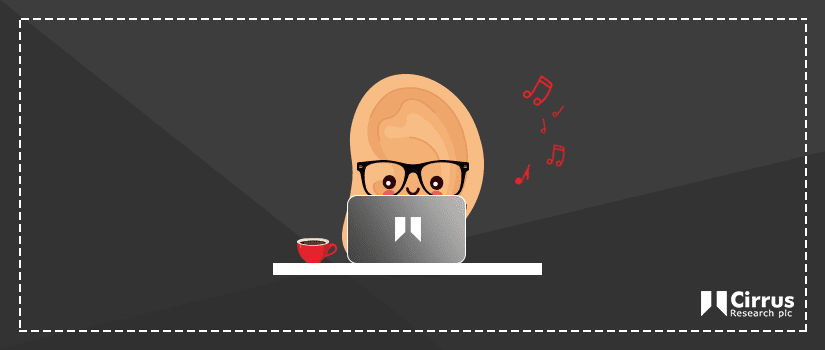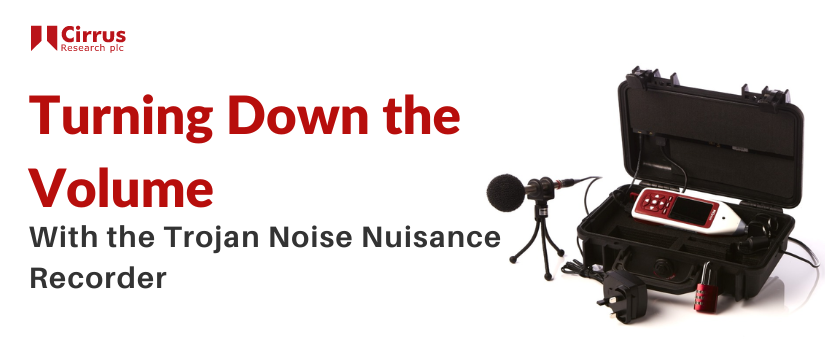The anti-headphone argument typically goes something like: “People these days and their headphones. They can’t possibly work listening to music, not to mention it’s bad for morale if workers are in their own little worlds?”
But for some workers, they find it easier to focus when listening to music, whether it’s on the radio or through their headphones.
Benefit of listening to music at work
It’s understandable why some managers don’t want to see an employee dancing around the office, however for lone workers and night shift employees it can be welcome company, or even a happy distraction from external noise that doesn’t affect their productivity or skills.
What are the consequences?
Most managers want to be that one boss who allows some fun in the workplace, as long as it doesn’t compromise safety or productivity, but what if a colleague is listening to music on their headphones that could potentially damage their hearing? Where does the responsibility lie and are employees opening themselves up to future noise-induced hearing loss (NIHL) claims?
Listening to music on headphones does have its risks. Over time, and the older you get, it can lead to hearing loss as the hairs in your ear canal stiffen and block sounds getting through to the ear drum. Basically, the longer and louder you listen, the more potential damage can occur.
What is the solution?
If you think that listening to music does help productivity, then perhaps think about trying to measure that at the outset – try music on and off days and then measure the output.
You may have to take on the role of bad cop and ban personal music devices, but at least then you’re not opening yourself up to future NIHL claims.
There are also charities out there that offer help and advice to those concerned or living with hearing loss – Action on Hearing Loss is a good one – but employers should to turn to their health & safety manager or external consultants to ensure they are getting the right advice in this niche area.



